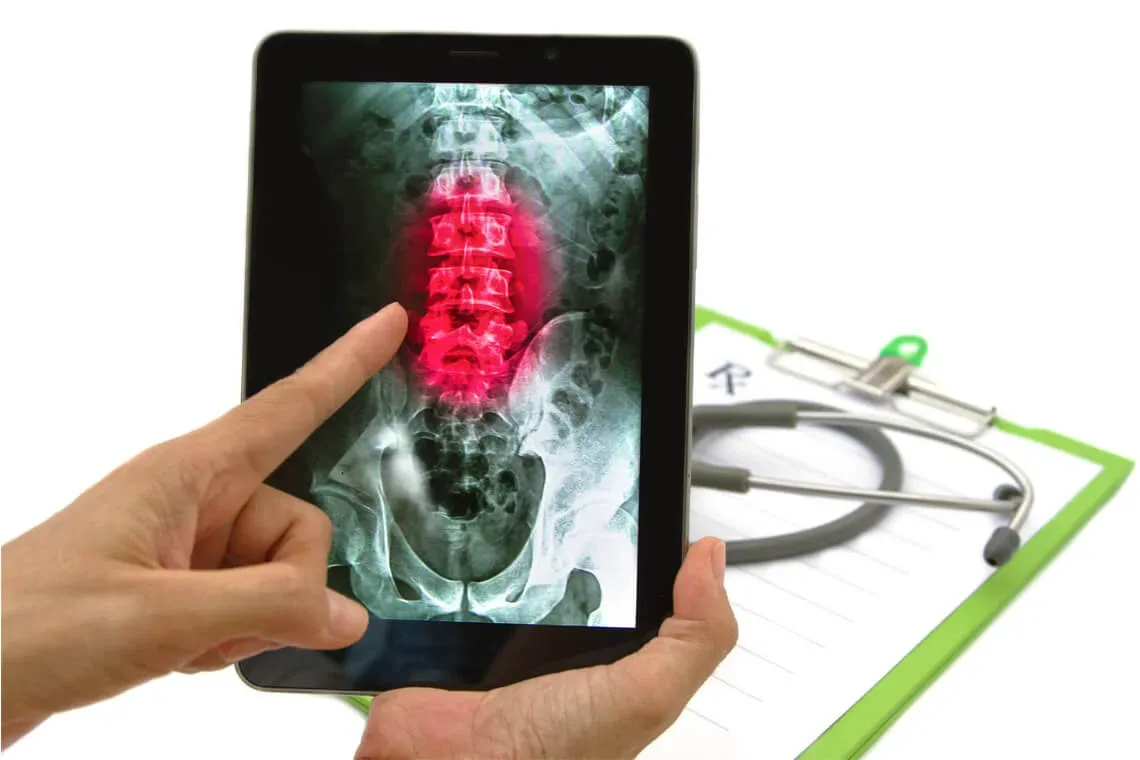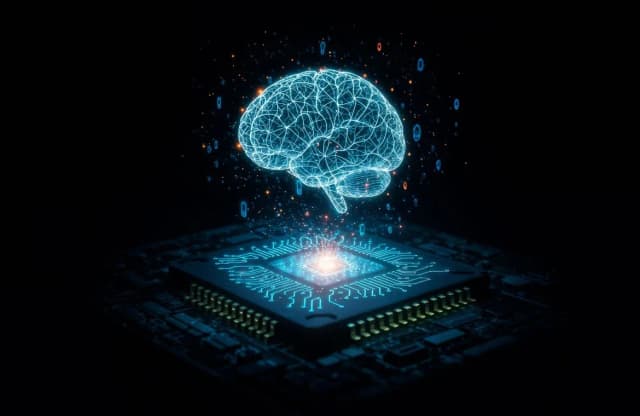Digital Health Unplugged: Top 7 Trends and Opportunities

Over the last decade, medicine and healthcare have seen a substantial digital transformation. With digital tools and solutions focused on reducing medical professionals’ work, making systems more efficient, improving patient outcomes, making treatments cost-efficient, and minimizing human error, digital health has established itself as an essential part of the medical and healthcare industry.
Many exciting things are happening in the digital health space. We bring you the top seven trends and opportunities in digital health that may interest you.
On-demand healthcare
In today’s times, everyone is busy. People may not have time to see a doctor and may like to talk to a doctor at their own convenient time. Gone are the days when people would go to see a doctor and wait for their turn. Nowadays, with most people being on the move, they try to find a doctor wherever they go. Also, with healthcare apps easily available on mobile phones, there is a clear trend of people moving online for consultation and follow-ups with their doctors.
Big data in healthcare
Big data is all about aggregating information about a business or industry and identifying patterns and trends that can be used to get some actionable insights. In healthcare, here are a few examples.
- Analysis of patient records to identify any mismatch between the patient’s health and prescribed medication and alert the concerned medical professional in case of an error.
- Identifying people with a pattern of recurring illnesses and creating preventive plans and treatment options for them.
- Analyzing the number of patients getting admitted, identifying trends or patterns, and estimating future admission rates. This can help to maintain adequate staff at all times.
Virtual reality (VR) in healthcare
Virtual reality can have multiple healthcare industry applications and may change the way patients are treated. For example, pain management is a significant area for concern for medical professionals. With several drugs available to manage pain, the medical community is worried about the effects of long-term use of these medicines. Virtual reality offers a better and safer alternative that can help people manage pain more efficiently than drugs. Also, if a surgeon has to perform complicated surgery, a virtual reality simulation can help him/her plan it perfectly. There are multiple uses of virtual reality technology, making it one of the most eagerly awaited technological advancements in healthcare. Some reports suggest that the global virtual reality market in healthcare might cross the US$5 billion mark by 2025.
Wearable medical devices
A few years ago, people were satisfied with getting a physical and medical examination done once a year and visited the doctor only if anything went wrong. However, today, people want to control their health and regularly need more information about themselves. This has led to an increase in the demand for wearable devices like exercise trackers, sensors measuring heart rate, sweat meters to measure blood sugar levels, etc. In the coming years, we expect technological advancements in wearable gadgets that might see a surge in such devices’ demand.
Predicting illness and disease trends
Another area where digitization is expected to make an impact in the healthcare industry is analyzing data from social media platforms and search engines to determine medical conditions and illnesses that most people are facing. This can help the industry create a predictive model and prepare for the next big health issue.
Artificial intelligence (AI) in healthcare
Artificial intelligence or AI is the embodiment of innovation in the healthcare industry. AI-powered tools like chatbots and virtual health assistants have already found many takers, and in the future, we expect this segment to have a surge in investments impacting almost all aspects of the industry. We can expect a critical application of artificial intelligence in precision medicine, medical imaging, genomics, etc. For example, most patients who have cancer received similar treatments. However, with artificial intelligence, medical practitioners will be able to offer personalized treatments based on the patient’s lifestyle and genetic composition. Artificial intelligence will also help biotech and pharmaceutical companies develop drugs faster by leveraging machine learning algorithms.
Blockchain and health records
While blockchain is usually associated with cryptocurrencies, this technology can have a far-reaching impact on the healthcare sector too. In the simplest terms, blockchain can be understood as a digital ledger of transactions with high security and easy access levels. It is already helping the healthcare industry cut costs, prevent data breaches, and improve the records’ accuracy. This is expected to grow with time and change the shape of the way healthcare professionals view and manage health records.
Digital health is bringing a cardinal shift in the way the healthcare industry works. This would create many career opportunities for young professionals. Hence, if you are working at the intersection of healthcare and technology building eHealth, telemedicine, personalized healthcare, biotech, medical devices, wearables, digital therapeutics, and similar solutions, then it is the right time to think about adding new skills to your profile and be at the forefront of this significant shift.

TalentSprint
TalentSprint is a leading deep-tech education company. It partners with esteemed academic institutions and global corporations to offer advanced learning programs in deep-tech, management, and emerging technologies. Known for its high-impact programs co-created with think tanks and experts, TalentSprint blends academic expertise with practical industry experience.



